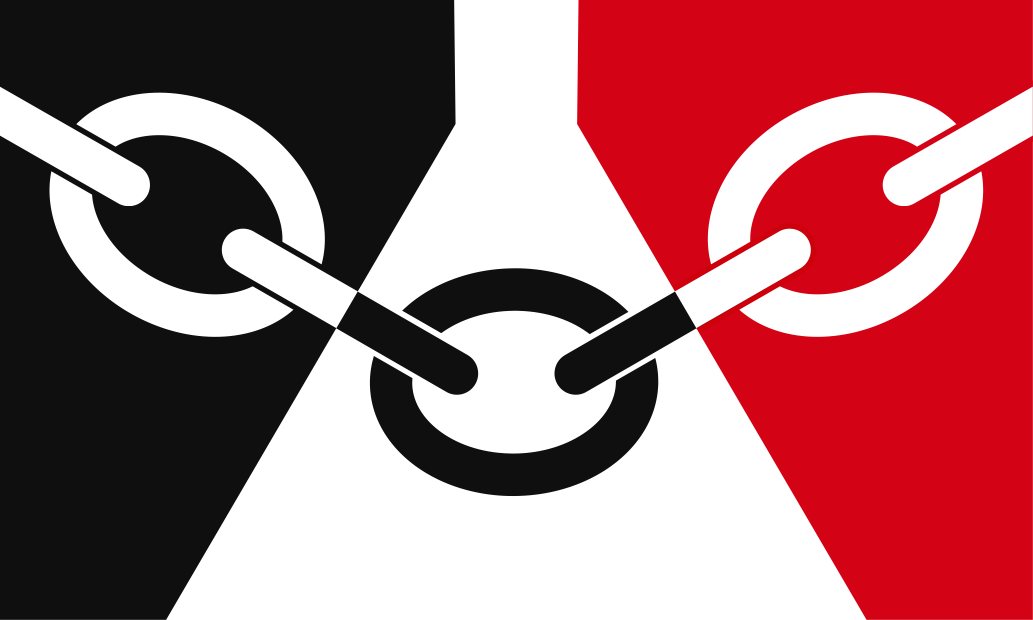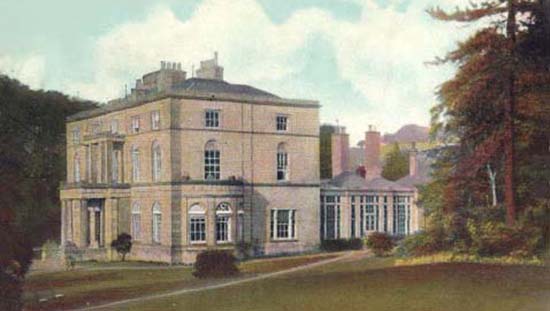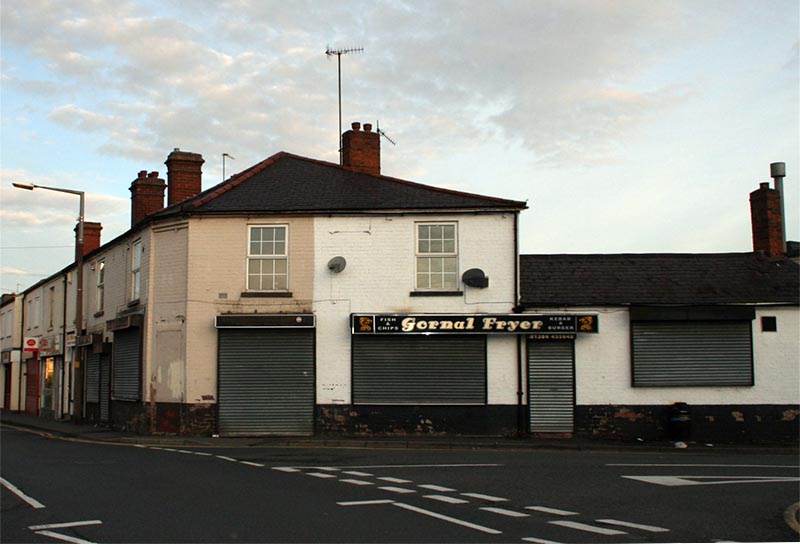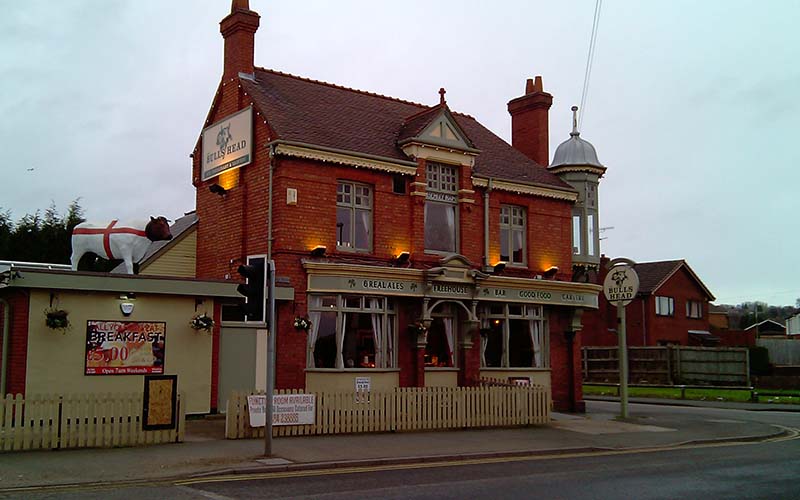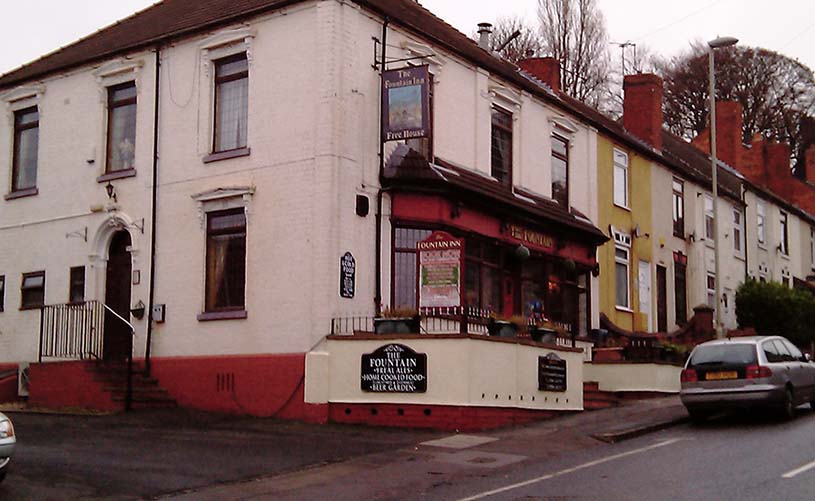
|

|
||||
|
Landmarks ~
Churches ~
Pubs ~
Shops ~
Amenities ~
Dwellings ~
Events ~
Schools ~
Sports
Industrial ~ Transport ~ Folklore ~ Families
~ Pubs ~
Bell ~
Bricklayers Arms, Kent St. ~
Bricklayers Arms, Straits ~
Bull & Butcher ~
Cottage Spring ~
Cross Keys ~
Duke William
Fiddlers Arms ~ Glynne Arms ~ Hop and Barleycorn ~ Horse & Jockey ~ Horseshoe ~ Leopard ~ Limerick ~ Limerick, Kent St. Lion ~ New Inn ~ Pear Tree ~ Queens Head ~ Royal Exchange ~ Spriggers Arms ~ Swan ~ White Chimneys ~ White Lion Bulls Head ~ Cottage of Content ~ Crown ~ Durham Ox ~ Five Ways ~ Good Intent Green Dragon ~ Junction ~ Shakespeare ~ Straits House ~ Waggon & Horses Black Bear ~ Britannia ~ Bush ~ Five Ways, Himley Road. ~ Forge ~ Fountain ~ Jolly Crispin Meadow Lark ~ Miners Arms ~ Old Bulls Head ~ Old Mill ~ Red Cow ~ Red Lion ~ Spills Meadow ~ Woodman
The Red Lion
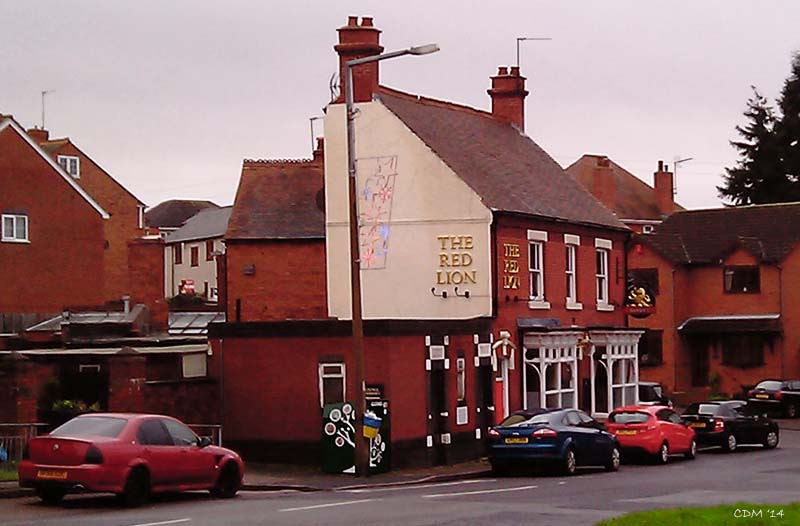 The Red Lion Inn. The Red Lion Inn.
Photo CDM 2014
The Red Lion, 11 Bank Road, [1 Abbey Road], Gornal Wood.
This mid-Victorian pub looks across the bus station in Abbey Road, the gable end of the building has a distinct cut-away look.
Thomas Malpass was nicknamed the 'Pokey Mon' or 'Pokey', locals often referred to the Red Lion as Pokey's.
He became much a local character because of his love for practical jokes. 
Thomas 'Tummy' Booth, already an established Back Country brewer, purchased the
Red Lion from William Elwell in 1935, the property
costing Booth £3,650, he then set about re-establishing and extending the Lion's
brewery to help supply his other licensed establishments.
After 1937 he had also acquired The Crown Inn, Holloway Street, Ruiton and The Cross Keys and Miner Arms both in Ruiton Street, Lower Gornal, among other pubs around the Black Country. In 1939, Thomas Booth moved to Pensnett and set up his brewery in Corbyn's Hall Road. Booth sold the Red Lion to Julia Hanson Breweries in 1942.
Both Thomas Malpass and Thomas Booth issued brass tokens from the Red Lion.
Next door to the Red Lion, a toilet block was built.
Responsibility and maintenance for this was transferred from the brewery to Sedgley UDC in 1956. The Public Convenience finally closed sometime around 2010 and remains closed.
1942: Evening Dispatch, Monday 16 March.
Licensees:
1841, Edward Guest.
1880, Edward Guest. [Kelly's Trade Directory] 1882, Edward Thomas Guest. 1890, Elizabeth Guest. 1890, Licence transferred to Thomas Malpass. 1891, Thomas Malpass. [Census] 1896-1904, Thomas Malpass. [Kelly's Trade Directory] 1901, Thomas Malpass. [Census] 1911, Thomas Malpass, publican aged 50. [Census] 1921-1927, Thomas Malpass, beer retailer, licensed victualler. [Kelly's Trade Directory] 1927, Inn was sold. 1928-1931, William Jones. 1937-1939, Thomas Booth, beer retailer. [Kelly's Trade Directory] 1939, George Booth, brewer. [Register]
George Booth was Thomas Booth's son.
1942, Inn was sold.
1927 Sale notice, Dudley Chronicle, 15th September.
1842 Sale notice.
Origin of the pub name 'Red Lion'.
This is currently the most popular pub name in Britain, with over 500 pubs so named.
~
|
|
||||
